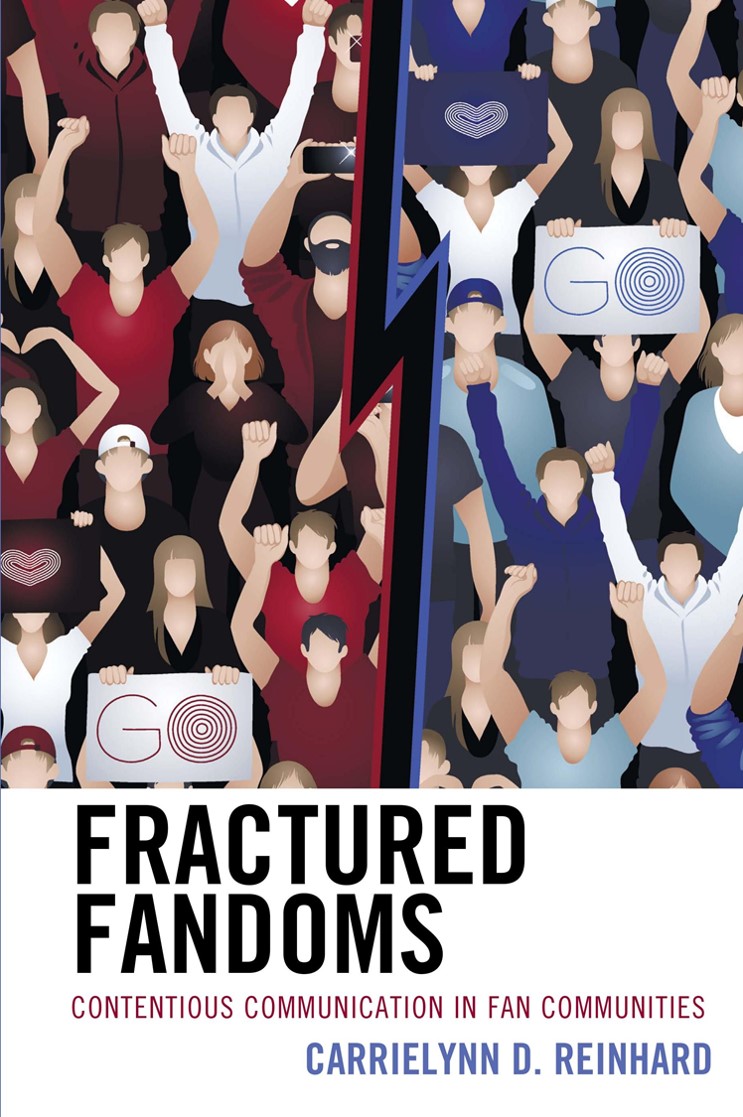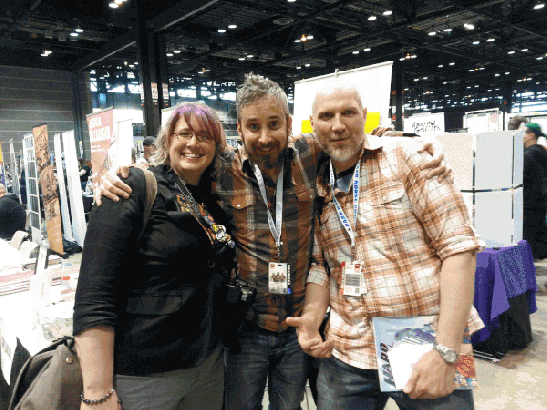On a special episode of The Pop Culture Lens podcast, Christopher Olson and I discuss a subject that has been one we have debated numerous times in our private lives and has become one that I have been focusing on as a research project: fandom, is it good or bad?
We begin the conversation with a reflection on our experiences at the Chicago Comics and Entertainment Expo (aka C2E2), which we had another great experience with as we always do. From meeting wonderful artists whose work we all admire, to picking up new ideas of what to read and watch, to just people-watching, it is always a joy. Also, Chip Zdarsky is a completely lovely person.
Our discussion of C2E2 is to contextualize our discussion about contemporary fandom. I have been thinking through this fractured fandom topic lately, with an online survey meant to gather people’s stories of dealing with all the tensions and problems currently occurring across pop culture. We use this episode to explore the so-called culture wars that have lead to things like GamerGate and Sad Puppies among many other clashes. We discuss what we think is causing these problems, considering everything from the consumerist and capitalist nature of these fandoms to the problems of walled gardens in online fan communities creating insularity and the stagnation of identity formation.
But it isn’t all doom and gloom in our discussions. While we do discuss the problems, we also highlight the great things that come about because of our fandoms, such as identity formation, finding a community of like-minded individuals, and all of the passion and creativity that is expressed through our fandoms, and was on display at C2E2.
Overall, I think this was a very useful discussion to help us think through what fandom is and what we need to do to make certain it is always good and only rarely ugly or bad. So give it a listen with an open-minded, and definitely comment back here to give us your take on the topics we discussed.


